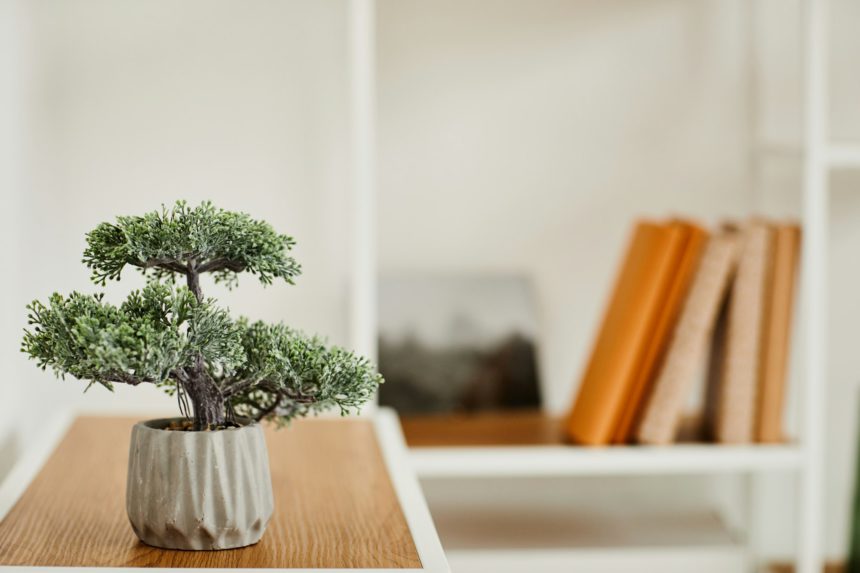What is beauty? Is this defined by perfection or symmetry? Or can beauty be found in imperfection? That’s the question that wabi-sabi philosophy is trying to address. Originally from Japan, wabi-sabi philosophy teaches us to appreciate the beauty found in imperfection, to enjoy simple things and to accept the passage of time.
Wabi-sabi is a complex concept that comes from Zen Buddhism, and the words “wabi” and “sabi” describe two different aspects of this philosophy. “Wabi” is associated with simplicity and modesty, with the joy of living in harmony with nature and appreciating the simple things of life. “Sabi” refers to the beauty that occurs with the passing of time, the wrinkle on an old pan, the cracks on a ceramic bowl or the patina that forms on an old object.
Therefore, the beauty of the wabi-sabi is a unique one, which is found in imperfection and in the passage of time. This philosophy teaches us to appreciatethings as they are, to find beauty in simple things and accept imperfections.
Discovering beauty in imperfection: wabi-sabi philosophy
The wabi-sabi philosophy teaches us to free ourselves from our expectations of perfection and to enjoy the simple and authentic beauty of things. Instead of focusing on the physical aspect or symmetry, wabi-sabi philosophy directs us to focus on the essence of things and to appreciate them in their entirety.
This philosophy teaches us to accept imperfections and to see them as elements that add the beauty of an object or an experience. For example, an old crater with a rudder can be considered aesthetically ugly, but for a wabi-sabi adept, this rudder adds uniqueness and character to the object, giving it a distinct beauty.
In addition, wabi-sabi philosophy teaches us to accept the passage of time and to enjoy the beauty that appears with it. Old objects, which have fUsed and loved bones over the years, get a skate and a beauty that new objects can’t have. This philosophy teaches us to appreciate this beauty of the passing of time and to enjoy the old and history-filled things.
In conclusion, wabi-sabi philosophy teaches us to appreciate the beauty found in imperfection and to accept the passage of time. It teaches us to enjoy simple and authentic things, to see beauty in old things and to accept imperfections. By adopting this philosophy in our lives, we can discover a new perspective on the beauty and value of things.
